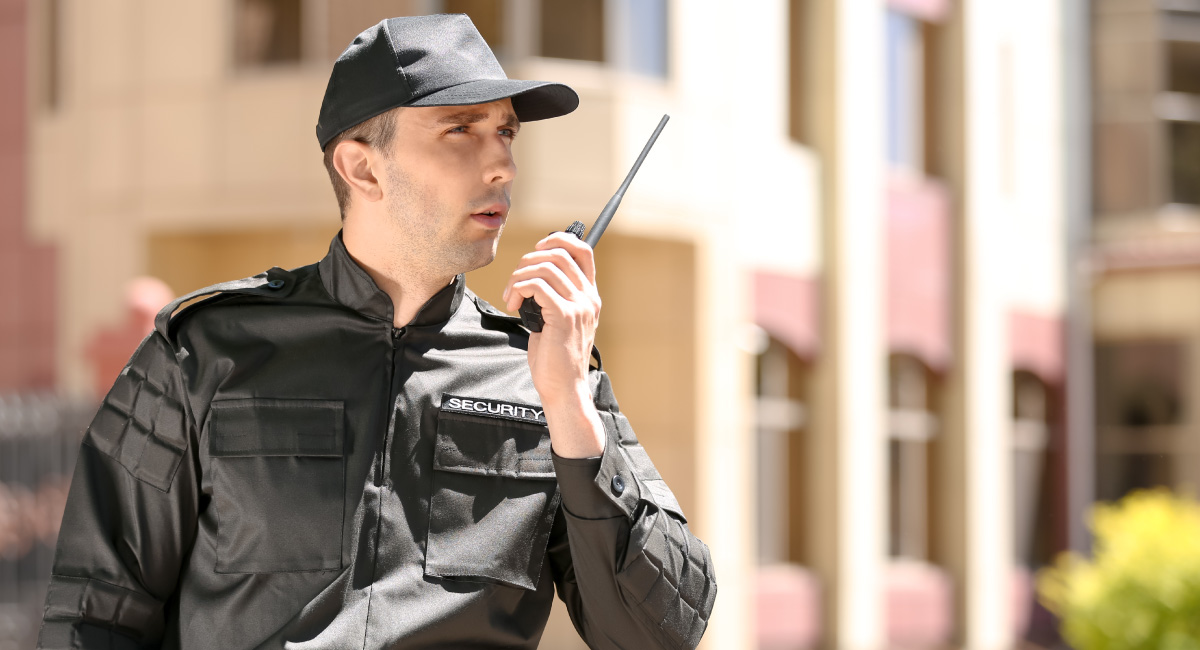Constructive feedback is the ultimate key to letting your security guards know how they are performing and what’s expected of them. Therefore, it automatically becomes a crucial part of supporting your teams’ learning and development. However, repetitive negative feedback can have a destructive impact on guard engagement. Therefore, for feedback to be constructive, it should be fact-based and solution-oriented.
Deliver constructive feedback that is both powerful and productive to security guards using the following strategies.
Don’t Wait
Feedback is not only a strong way of promoting security guard engagement but also is an essential part of performance management. So, if something needs to be said, say it. Giving security guards feedback immediately following an event will have the greatest impact on their performance. If issues are left unaddressed, they will multiply, and you’ll have to deal with a lot of them that could have been avoided if mentioned earlier.
Focus On The Positive
Giving security guards feedback is a delicate art. It requires one to strike a balance between praise and negative feedback. A good way to start a feedback discussion is by outlining some of the security guard’s accomplishments and showing a sincere appreciation for their efforts before you point out the areas they need to work on. However, do not let the positive comments overshadow the real conversation and send mixed signals.
Be Specific
Security guards are more likely to learn and grow when they receive feedback that is solutions-oriented, crystal clear, and to the point. Instead of focusing on what they did wrong, offer them guidance to show what should have been done. If you have documented policies and procedures, share them with your security guards to help clarify your expectations. Don’t forget to share positive feedback too, so they know the thing they should continue doing.
Dive Deeper
The ultimate goal of giving security guards feedback is to ensure that every issue at hand is rectified swiftly. That sometimes may involve diving deeper to get to the root cause. To do that, start the feedback discussion by asking questions to understand what triggered a certain action or behavior. When you believe your guards could be at fault, make sure to listen to their side of the story too.
Listen To Understand
Giving security guards feedback isn’t all about telling them what they need to improve. It is also about making sure you give them a chance to respond and keeping an open mind. Listening to them will help you understand what your security guards are feeling or situations that you might not be aware of. To help them overcome the challenges they are facing, it is important they feel heard.
Follow Up
End this conversation by strategically planning the next step to leave them knowing what you expect from them and a future discussion. Follow up and provide security guards the support to help them meet the goals you’ve set together. To further keep a track of such discussions, record them and consider including them in the security guards’ annual performance evaluation to monitor the progress continuously.
Criticize Privately
Don’t get started criticizing security guards publicly, ever. It’s better done in private. The reason is, feedback can be uncomfortable for both the receiver and the giver. By moving the location to a more formal area, can help alleviate the underlying pressure. If that’s not possible, consider offering security guards feedback in the form of a written response. This will give you a good amount of time to reflect and offer a more thoughtful answer.
Praise When It’s Due
Feedback is often viewed as a negative thing. Well, it shouldn’t be. Feedbacks can be positive. And it’s essential to do that with security guards because acknowledging positives among negatives can be a good way of reassuring them that they haven’t lost perspective. You can let them know that by telling them that you are not criticizing their overall performance; just that certain aspects of their job need attention.
Bottom Line:
Feedback is an essential part of security guard growth and development. It’s also one of the most powerful ways in which you can positively impact security guards’ job satisfaction, performance, and engagement. Using this strategy, build a more cohesive team of security guards that can accomplish more daily on client sites.


